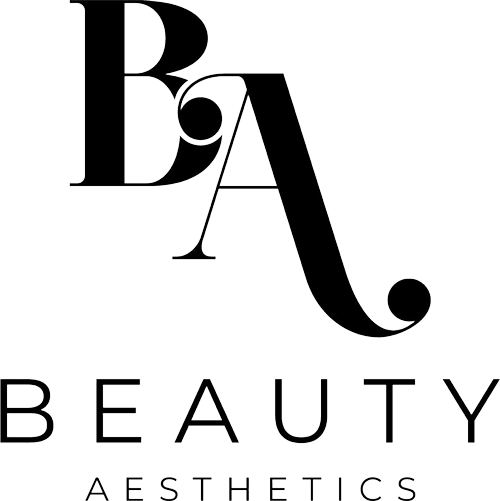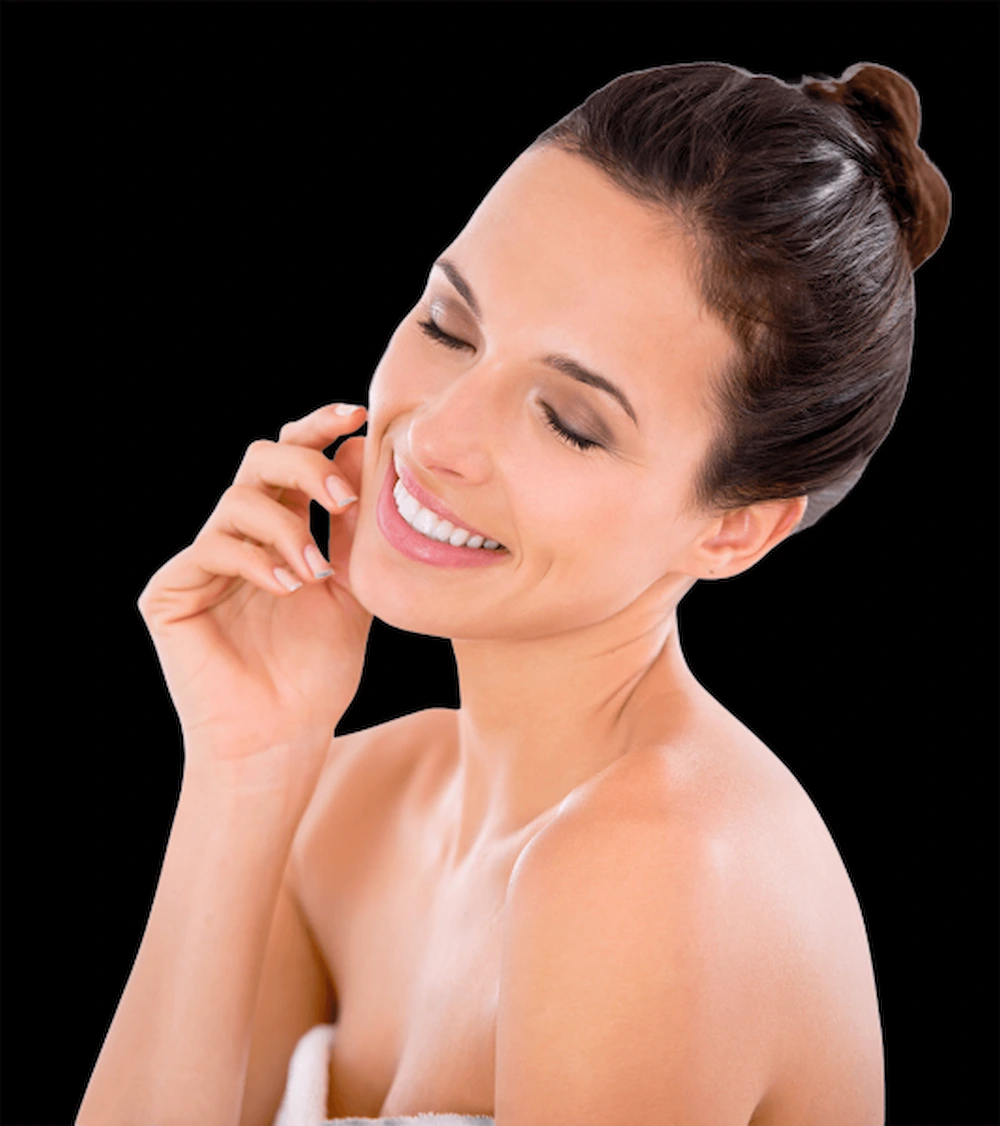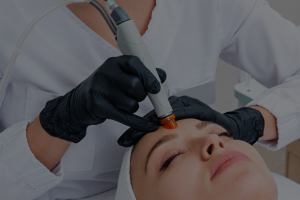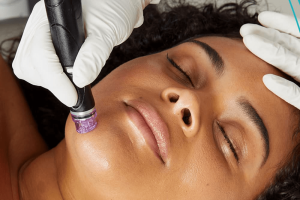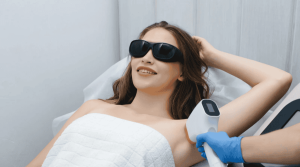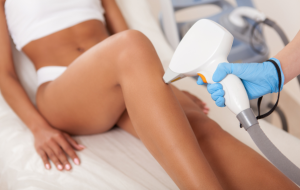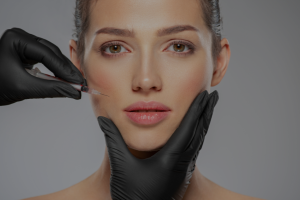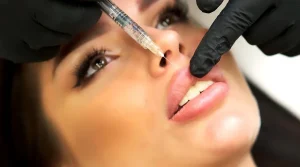Spider and varicose veins are common cosmetic concerns for many individuals, especially those seeking a smoother and more even skin appearance.
Spider veins on the face or legs can be frustrating, impacting confidence and self-esteem. Fortunately, treatments like sclerotherapy offer an effective spider leg vein treatment and removal solution. Spider veins may be purplish or red thin, larger blue reticular, or bulging varicose veins. While Sclerotherapy treats small spider veins, RFA treats large varicose veins and spider vein treatment.
This blog will examine sclerotherapy in depth, explain why it’s an ideal spider vein treatment, and discuss options for those seeking aesthetic improvements in Toronto.
Understanding Spider Veins and Varicose Veins
What Are Spider Veins?
Spider veins are tiny, dilated blood vessels close to the skin’s surface. They often form red, purple, or blue web-like patterns, resembling a spider’s web.
Spider veins are most commonly found on the face and legs, although they can appear anywhere on the body. These veins are smaller than varicose veins and usually pose no serious health risks, though they can be aesthetically undesirable for some.
Spider veins result from reticular veins, small blood vessels, often called “feeder veins,” or from improper function of the major leg veins.
What Are Varicose Veins?
Varicose veins are larger, bulging veins that can protrude from the skin’s surface. They often develop due to increased pressure in the veins, especially in the legs, where blood pools as it struggles to flow back to the heart.
Varicose veins are associated with symptoms like swelling, aching, burning sensation, and a heavy feeling in the legs. They also carry a higher risk of complications such as blood clots or venous insufficiency. Unlike spider veins, which are mainly cosmetic, varicose veins can signal more significant health concerns.
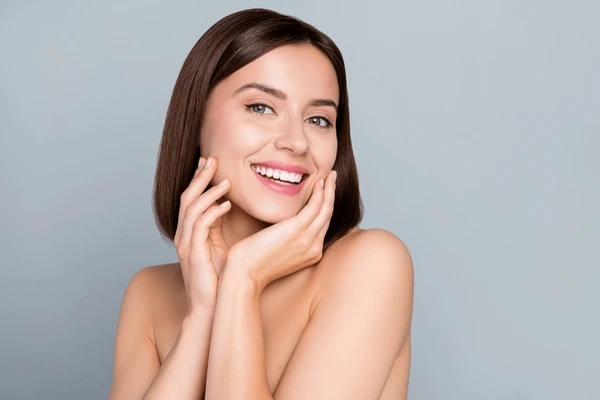
The Difference Between Spider Veins and Varicose Veins
While spider and varicose veins result from improper blood flow and weakened vein walls, they differ in size, appearance, and associated symptoms.
Spider veins are smaller and primarily cosmetic, while varicose veins are larger, often painful, and can lead to medical complications.
Treatment options, such as sclerotherapy, cater to both conditions, though the approach may vary depending on the size and severity of the veins.
What Causes Spider Veins and Varicose Veins?
Several factors contribute to the formation of spider veins and varicose veins, including:
Genetic predisposition:
A family history of vein problems increases the likelihood of developing spider or varicose veins.
Increased pressure:
Prolonged standing, pregnancy, or weight gain can cause pressure to build in the leg veins below, leading to blood pooling and vein dilation.
Age:
As we age, veins lose elasticity, making it harder for blood vessels to push blood effectively. This contributes to the development of varicose and spider veins.
Hormonal changes:
Hormonal fluctuations, especially during pregnancy or menopause, can cause spider veins and varicose veins to form.
Lifestyle factors:
A sedentary lifestyle, poor diet, or tight clothing restricting blood flow to injected veins can also increase the risk of vein issues.
What Is Sclerotherapy?
Sclerotherapy is a minimally invasive treatment for small and large varicose veins and spider veins. It involves injecting a solution directly into the affected veins, causing them to collapse and gradually fade from view. Over time, the body absorbs the treated veins, and blood flow is rerouted through healthier veins.
How Does Sclerotherapy Work?
During a sclerotherapy session, a medical professional injects a sclerosant solution into the spider or small varicose veins. This solution irritates the vein’s lining, causing it to seal shut.
As the vein closes, blood is redirected to healthier veins, and the treated area begins to heal. Within a few weeks, the spider vein fades as the body naturally absorbs the treated vein.
Benefits of Sclerotherapy
Sclerotherapy is a popular treatment for both cosmetic reasons and medical reasons, offering several advantages:
- Minimally invasive: The procedure does not require surgery and can be performed in an outpatient setting.
- Effective for small veins: Sclerotherapy is especially effective for small spider and varicose veins, making it a versatile option.
- Quick recovery: Most patients can return to normal activities shortly after treatment.
- Long-lasting results: Sclerotherapy can provide long-lasting results with proper aftercare and lifestyle changes.
- Few side effects: While minor side effects such as bruising or dark spots can occur, the risks are minimal, especially when performed by an experienced professional.
Who Is a Good Candidate for Sclerotherapy?
Sclerotherapy suits most individuals looking to remove spider or small varicose veins. Ideal candidates include the following:
- With visible spider veins on the face or legs.
- Experiencing discomfort from small varicose veins.
- Seeking cosmetic improvements.
- In good overall health without a history of blood clots or deep vein thrombosis (DVT).
- Not pregnant or breastfeeding.
A physical exam and medical history review will help determine if sclerotherapy is right for you.
What to Expect During a Sclerotherapy Session
The Procedure
A typical sclerotherapy session takes 30 to 45 minutes, depending on the size and number of veins being treated. During the procedure:
- The treatment area is cleaned and prepped.
- A sclerosant solution is injected into the spider veins using a fine needle.
- Compression stockings or support hose may be recommended to help with the healing process and improve blood flow post-treatment.
Recovery and Aftercare
After the procedure, patients are encouraged to walk and stay active to promote healthy circulation. They should also wear compression stockings for a few days to help with blood flow and prevent new spider veins from forming. Patients can return to regular activities immediately, though strenuous exercise or hot baths should be avoided for a few days.
Some common side effects may include:
- Minor bruising
- Redness or swelling in the treated area
- Temporary dark spots or discoloration
Most side effects resolve within a few weeks; the full results are usually visible after one or two treatments.
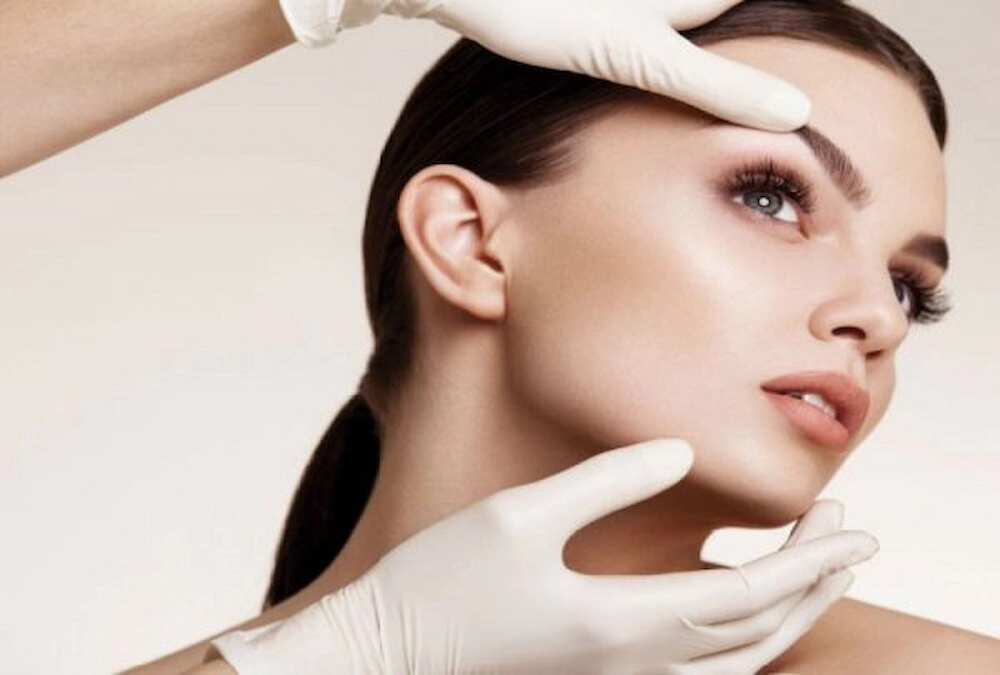
Other Spider Vein and Varicose Vein Treatment Options
While sclerotherapy is an excellent option for many, there are other treatments available for both spider veins and varicose veins, including:
Laser Vein Removal Treatments
Laser therapy uses focused laser light to target and heat the affected veins, causing them to collapse and eventually disappear.
Laser vein removal is ideal for smaller spider veins on the face or legs. This non-invasive procedure is quick and requires little downtime, but multiple treatments may be needed for optimal results.
Endovenous Laser Ablation
Laser treatment or Endovenous laser ablation (EVLA) treats larger varicose veins. In this procedure, laser energy is applied inside the vein through a catheter, causing the vein to collapse and seal shut. EVLA effectively treats larger veins that cannot be treated with sclerotherapy alone.
Intense Pulsed Light (IPL)
Intense pulsed light therapy uses broadband light to treat spider veins. It works similarly to laser treatments but can cover larger areas at once. IPL is often used for spider veins on the face, as it is gentler on sensitive skin.
Compression Stockings and Lifestyle Changes
In some cases, doctors recommend compression stockings to improve blood flow and prevent the progression of spider or varicose veins.
Wearing compression stockings can help reduce the pressure on veins, promoting healthy circulation and minimizing discomfort.
Additionally, lifestyle changes such as regular exercise, weight management, and avoiding long periods of standing can prevent new spider and varicose veins from forming.
Preventing Spider Veins and Varicose Veins
While some contributing factors, such as genetics or age, cannot be changed, there are steps you can take to minimize the risk of developing new spider veins or varicose veins:
- Stay active: Regular exercise strengthens the calf muscles and promotes healthy blood flow.
- Wear compression stockings: For those at high risk, wearing compression stockings can help prevent new spider veins.
- Avoid prolonged standing: Taking breaks to walk or stretch can reduce the risk of increased pressure on the veins.
- Elevate your legs: Elevating your legs after a long day can help improve circulation.
- Maintain a healthy weight: Excess weight puts added pressure on the veins, increasing the risk of blood pooling and vein dilation.
Is Sclerotherapy Right for You?
Suppose you’re considering sclerotherapy for spider veins on the face or legs. In that case, it’s important to consult with a vein specialist in Toronto who can assess your condition and recommend the best treatment plan.
Most patients find sclerotherapy a quick, effective, and safe method for spider vein removal, allowing them to regain confidence in their appearance.
Conclusion
Spider veins and varicose veins are common cosmetic and medical concerns, but with modern treatments like sclerotherapy, they don’t have to be permanent.
Whether dealing with small spiders or larger varicose veins, minimally invasive options are available to restore your skin’s smooth appearance and improve blood flow.
Consult a Toronto vein specialist to explore your treatment options and take the first step toward a more confident you.
For those in Toronto seeking a trusted solution for spider veins on the face or legs, sclerotherapy and laser vein removal treatments offer safe and effective options. These treatments ensure a clearer and more even skin tone for years to
